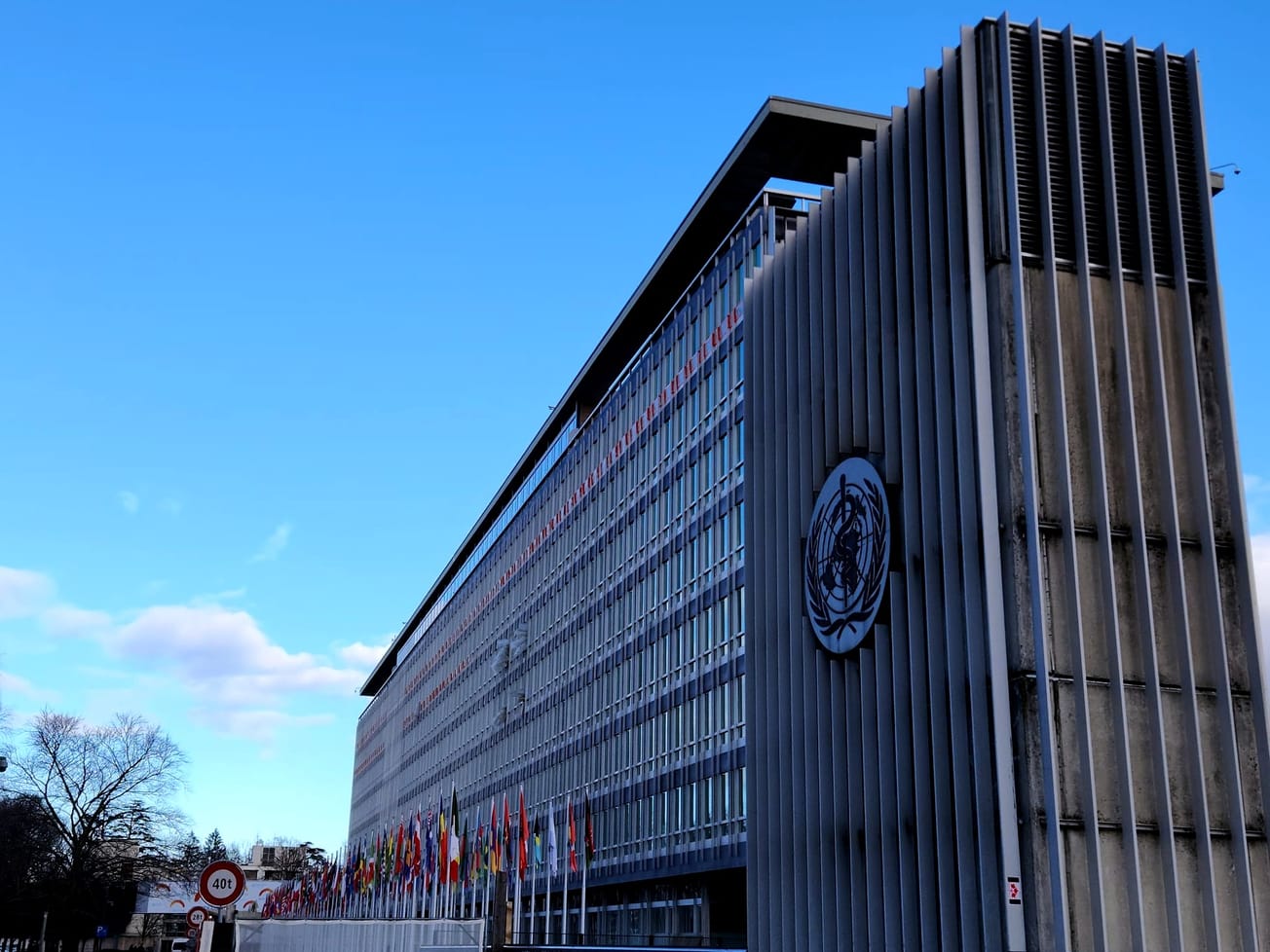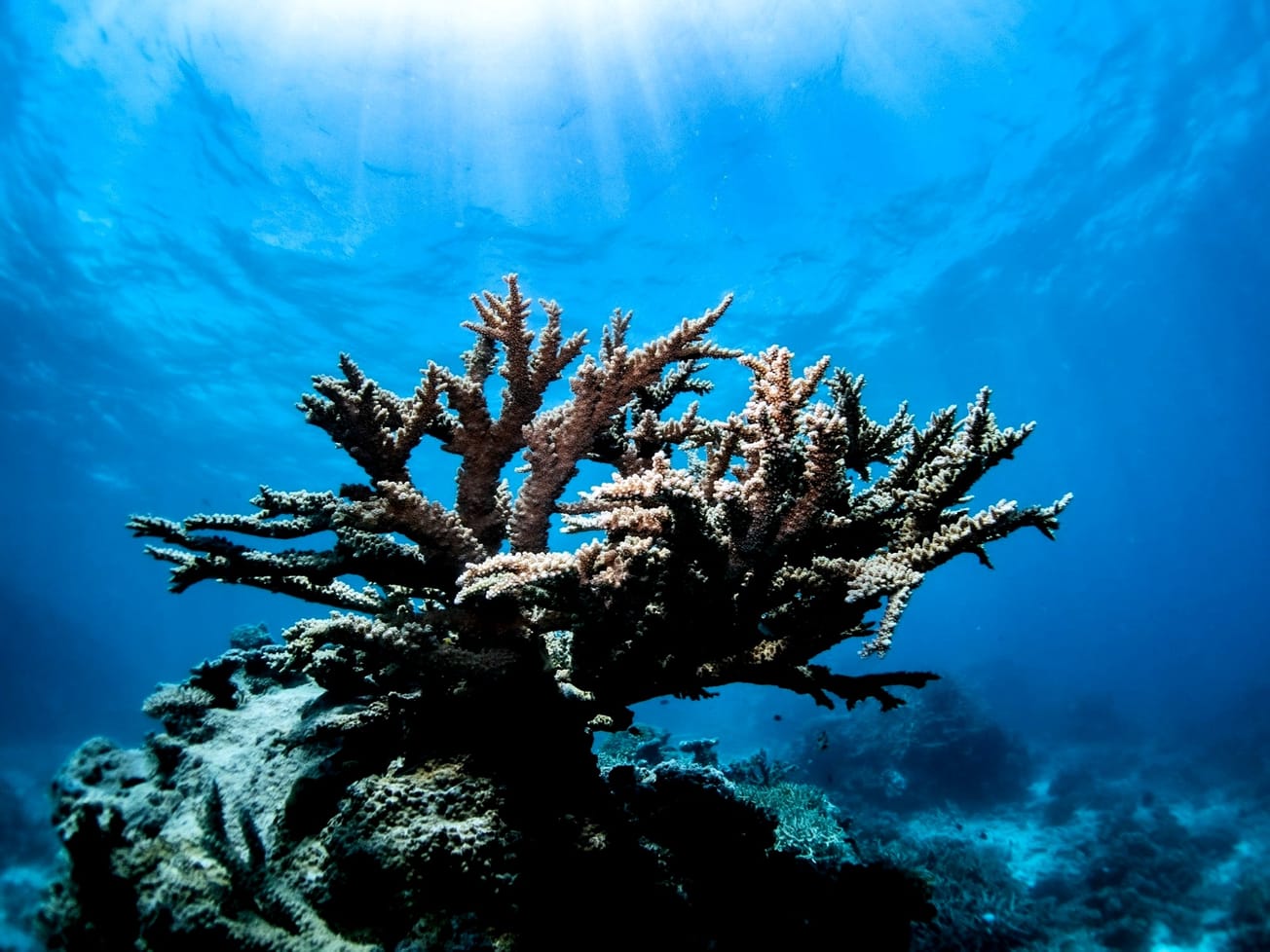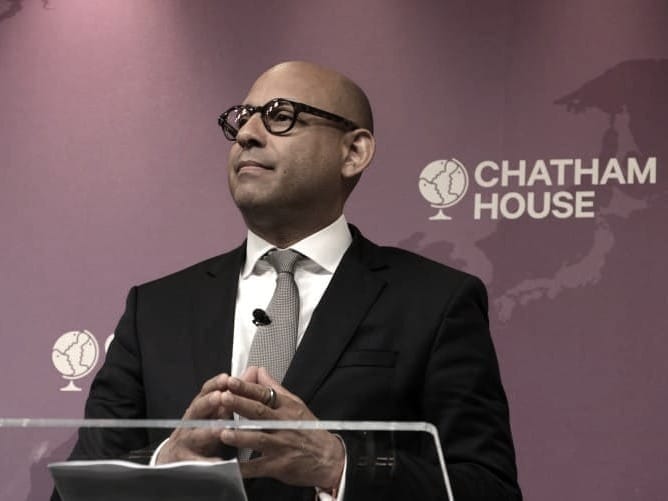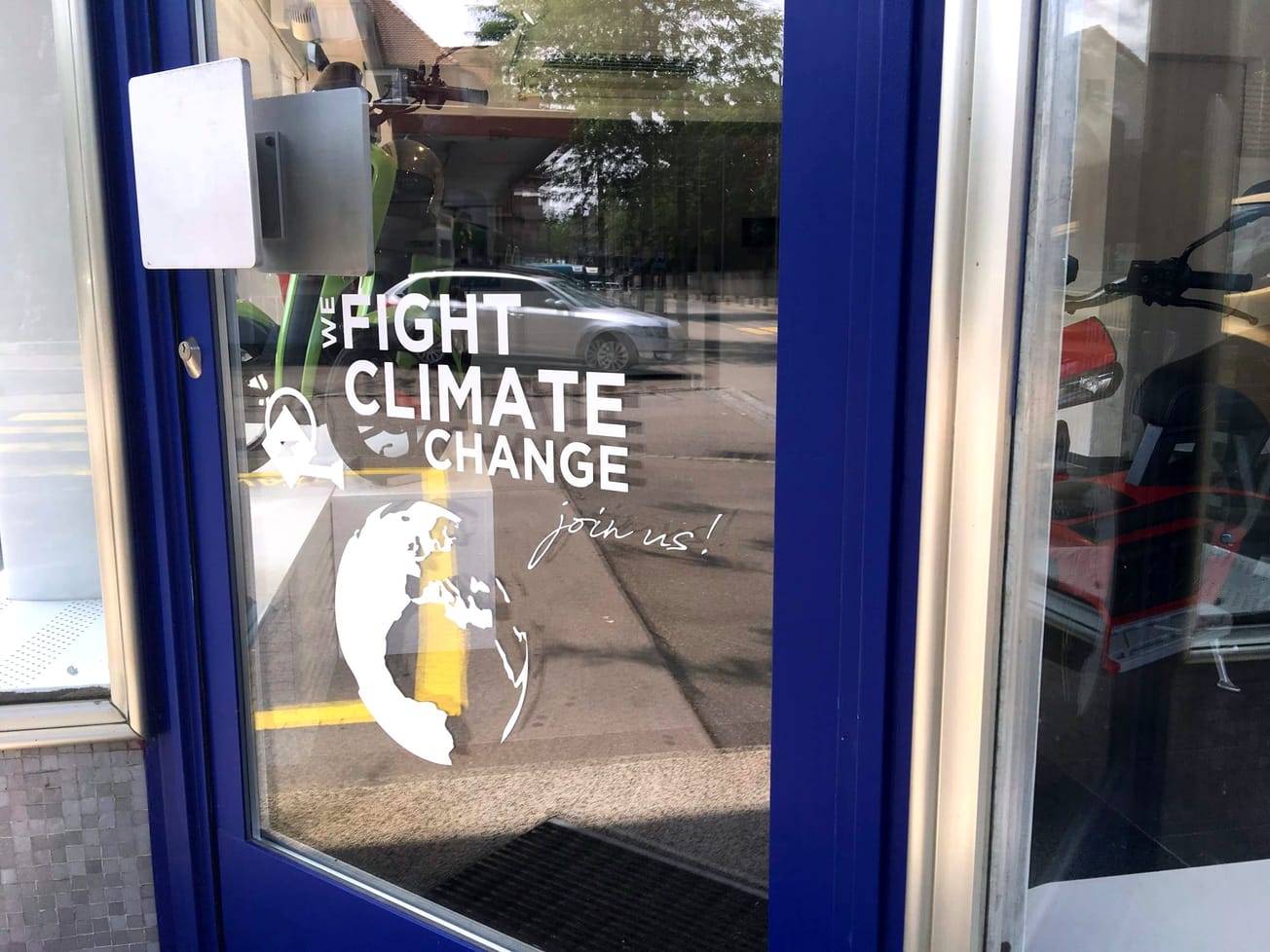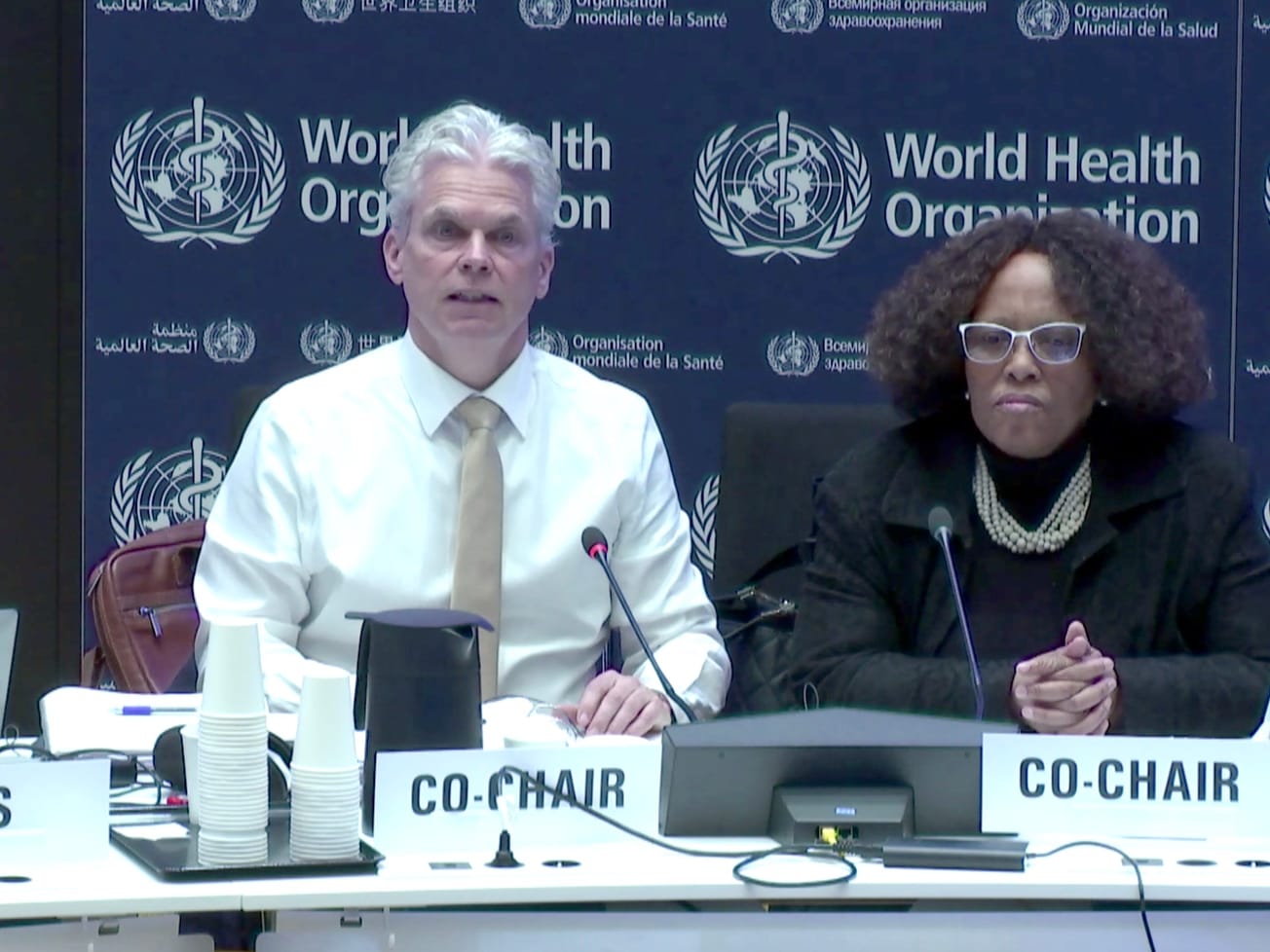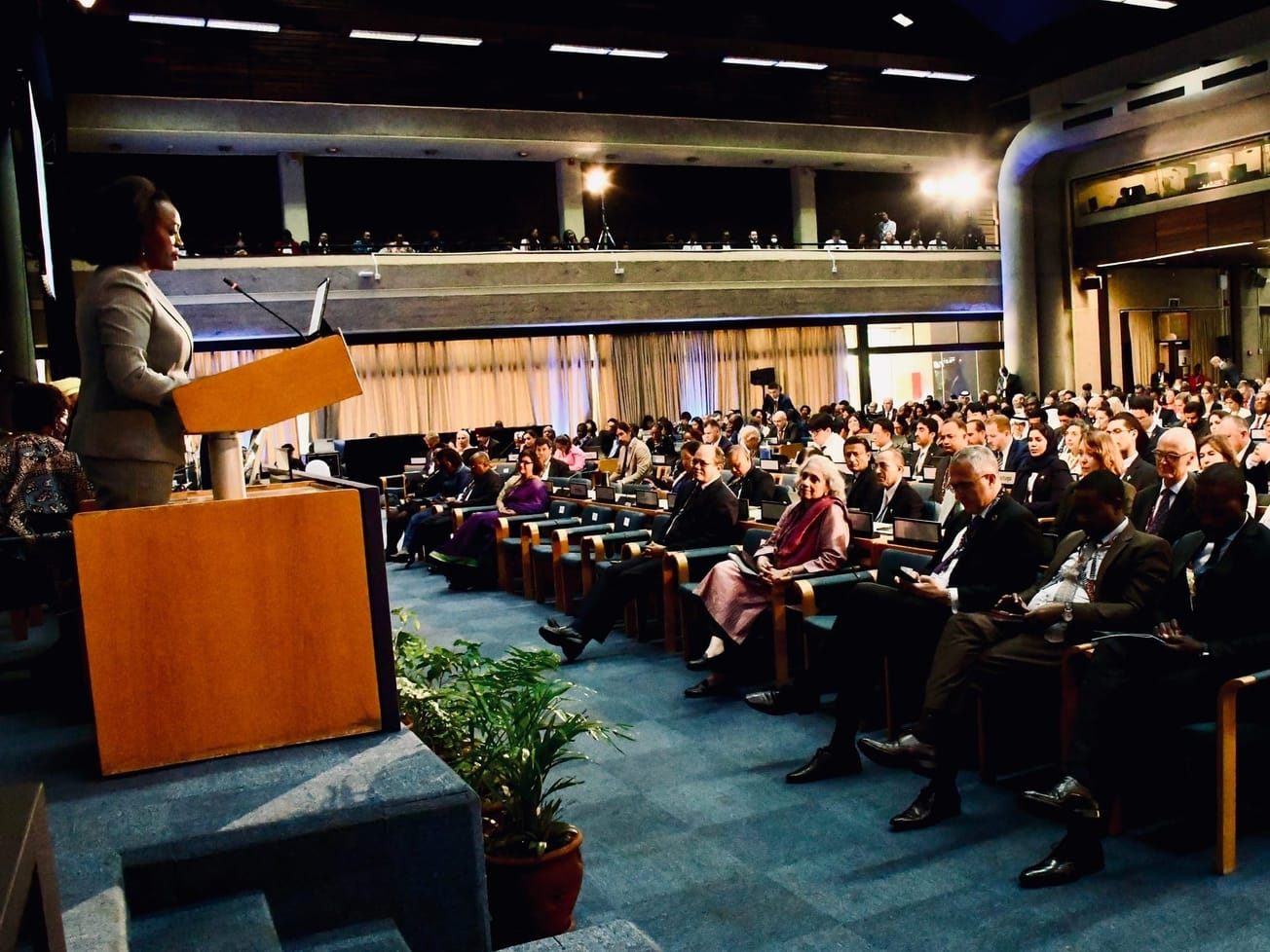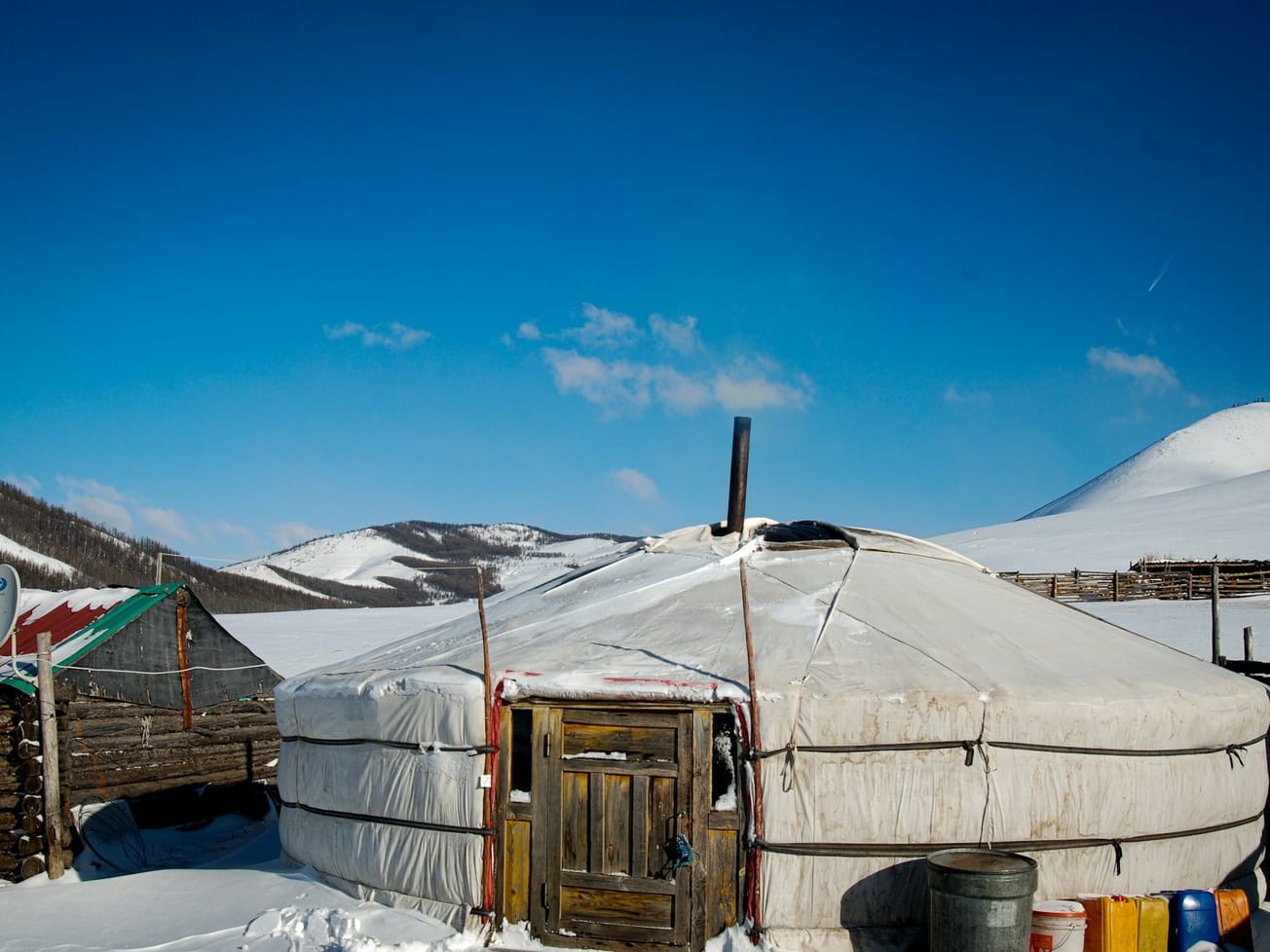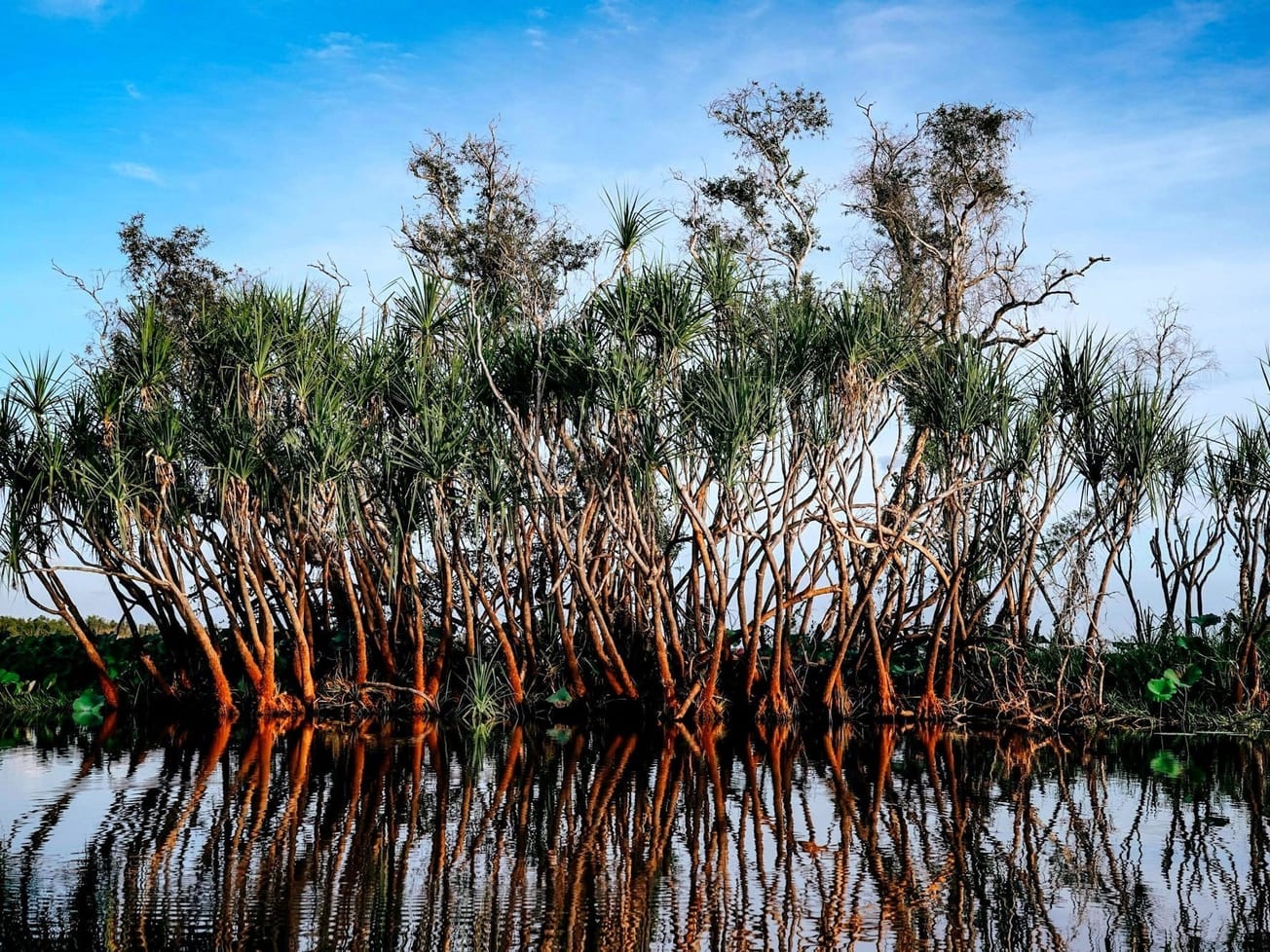
IUCN finds more than half of world's mangrove ecosystems could collapse
Mangrove ecosystems harbor fish and wildlife, protect against sea level rise, tides and storm surges, and store carbon.
Melting glaciers. Rising sea levels. Wildfires. Food shortages. Widespread species extinctions. Global pandemics. Every other issue is secondary. The climate crisis is a health crisis — a reality highlighted by WHO chief Tedros Adhanom Ghebreyesus, who points to the links between extreme weather, disease, and noncommunicable diseases. Science, politics, and economics are all at the heart of this urgent global issue.

Already have an account? Log in
Mangrove ecosystems harbor fish and wildlife, protect against sea level rise, tides and storm surges, and store carbon.
From Gaza to the Philippines, unseasonal temps in parts of Asia shut schools, hurt crops and challenged refugee camps.
Negotiators had to juggle the promotion of health access and global equity with reaffirmation of nations' sovereignty.
Climate scientists have warned for decades about bleaching of coral reefs, which are nurseries for commercial fisheries.
This year and next mark the countdown to a 2025 deadline for governments to strengthen their carbon-cutting plans.
The France-based court was created to uphold the European Convention on Human Rights, which took effect in 1953.
Negotiators and officials aim to wrap up so that May's 77th World Health Assembly can consider a proposed text.
Ambient fine particulate matter known as PM2.5 is considered the world’s leading environmental health risk factor.
WMO reports 2023 smashed climate records at previously unimaginable levels, bringing 'misery and mayhem.'
WHO's chief warned that 'a torrent of mis- and disinformation' affects pandemic treaty negotiations restarting this week.
Armed conflicts and planetary crises were top concerns of the U.N. Environment Assembly, which adopted 15 resolutions.
Warming threatens to upend ecosystems from Mongolia and the Amazon to crucial ocean currents in the North Atlantic.
Some migratory species are improving but 22% of those listed are threatened with extinction, including nearly all the fish.
Simon Stiell, who heads U.N. climate efforts, envisions winding down his agency into merely a 'data repository.'
The World Health Organization's executive board began planning for the World Health Assembly's annual meeting.
The spotlight on gender parity follows Mexico's push last year for a crackdown on harassment at U.N. climate talks.

